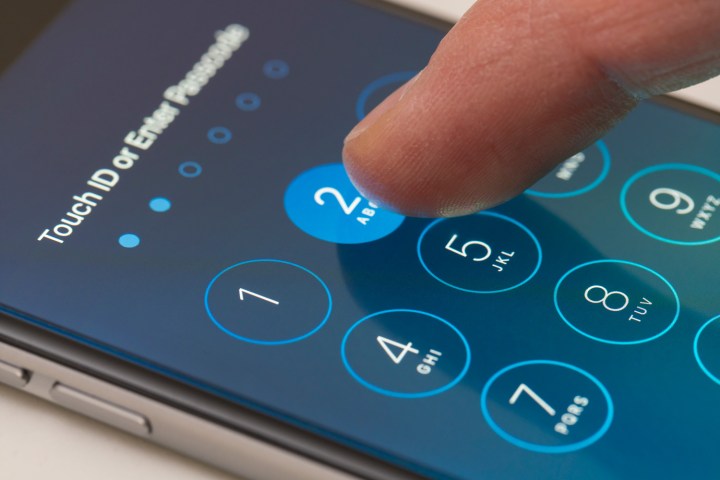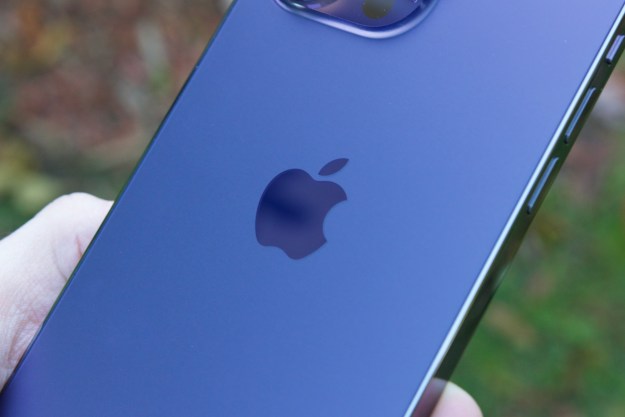
Initially the case in question was ruled on by a judge who denied the police’s request to compel the accused to unlock his phone. They stated that forcing him to reveal potentially incriminating evidence on the phone would be tantamount to forcing him to testify against himself, which would be in breach of his fifth amendment rights.
However when the police took the case up with the Florida Court of Appeals, it received an entirely different verdict. Concluding that the passcode itself was not related to the potentially incriminating evidence that may or may not be on the device, the court was willing to allow the police to compel the defendant to reveal the code.
Taking into consideration that the state has been issued a warrant to search the phone and that the police are fairly certain that incriminating evidence exists on the device, the court ruled that the authorities should be allowed to compel its unlocking.
If the authorities had not had probably cause to believe there was relevant evidence on the device, presiding Judge Anthony Black said that he would not have overturned the original ruling.
“Although the State need not have “perfect knowledge” of the requested evidence, it “must know, and not merely infer,” that the evidence exists, is under the control of defendant, and is authentic,” he said in the ruling (via Engadget).
There have been a number of high profile cases in recent years related to unlocking of devices, most commonly smartphones, as part of criminal investigations. Apple was famously asked by the FBI to break security on an iPhone the FBI believed could contain information useful to a terrorism investigation, and in 2014 a Virginia Beach, Virginia court ruled that fingerprint unlocks could be forced by police, but not the handing over of passcodes.
The difficulty of course lies in the fact that although traditionally, physical evidence and access materials — like keys to safes or storehouses — can be compelled from the accused, their minds cannot be. So traditionally it would not be legal to demand the combination to a safe that was not written down. While arguing that passcodes are more like combinations, in this case the judging panel ruled that as technology changes, the original analogy used has much less bearing, and in this instance, none at all.
Editors' Recommendations
- Why you should buy the iPhone 15 Pro instead of the iPhone 15 Pro Max
- 3 reasons why I’ll actually use Anker’s new iPhone power bank
- There’s a big problem with the iPhone’s Photos app
- This one thing could make iOS 18 the best iPhone update in years
- iPhone 16: news, rumored price, release date, and more




